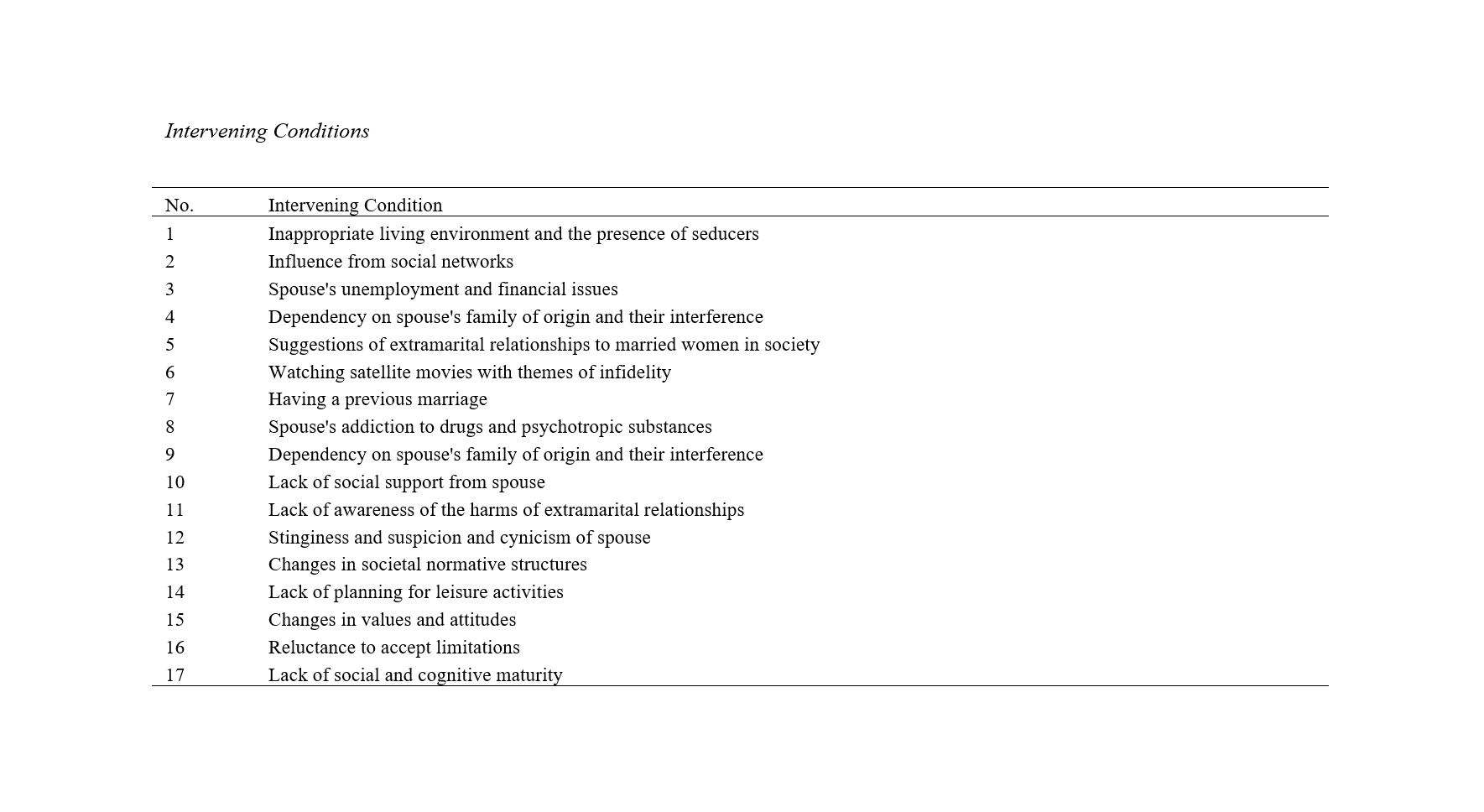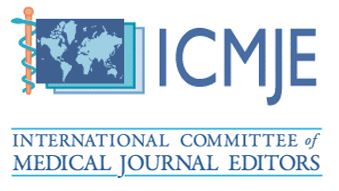Sociological Investigation of Factors Influencing Extramarital Relationships in Couples from Bandar Abbas
Abstract
Objective: Extramarital relationships represent one of the most significant threats to the stability of marital relationships and are among the leading causes of divorce across various cultures. Given the social and cultural context of Iran, the importance of religious boundaries in relationships between women and men, and the prevalence of these relationships as indicated by statistics published by the Welfare Organization, extramarital affairs are recognized as a social issue.
Methods and Materials: Since solving a problem without descriptive studies and identifying the processes affecting the emergence of the problem is not feasible, the current qualitative study was conducted through problem-centered interviews with 19 participants (13 women and 6 men).
Findings: The results showed that the most significant factors include the ineffective presence of the man in the home, a history of marital infidelity in the family and acquaintances, forced marriage based on traditional criteria, differing social classes of the spouses, the opportunity for infidelity in society and the workplace with colleagues of the opposite sex, and the disappearance of traditional norms, changes in attitudes towards marriage and family values, lack of adherence to ethical and religious values, forced marriage based on traditional criteria, spouse addiction to drugs and psychotropic substances, inappropriate living environment and the presence of seducers, influence from social networks, having a previous marriage, stinginess, and suspicion and cynicism of the spouse, and changes in the normative structures of society as the most significant background and intervening factors in the creation and expansion of extramarital relationships.
Conclusion: This study demonstrated that extramarital relationships and infidelity are complex and multidimensional phenomena, and individuals are inclined towards marital infidelity for various reasons. Therefore, this phenomenon should be approached considering these complexities, and a single solution cannot be offered to everyone.
Downloads

Downloads
Additional Files
Published
Issue
Section
License
Copyright (c) 2024 Maryam Fekoor, Alireza Khodami, Fakhrosadat Piltan (Author)

This work is licensed under a Creative Commons Attribution-NonCommercial 4.0 International License.






































